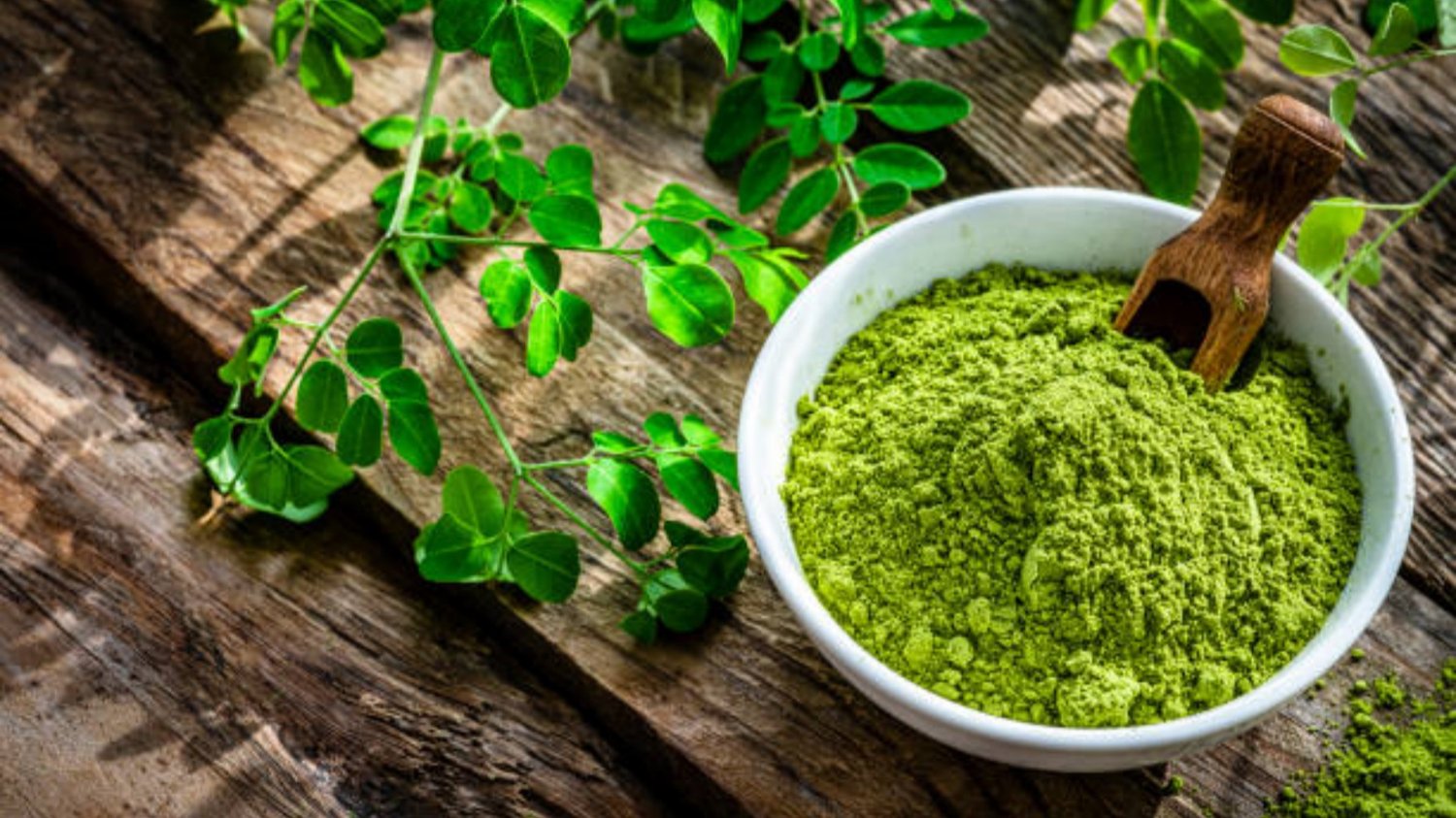The Power of Spinosad for organic farming
Organic farming has gained significant popularity in recent years due to its focus on sustainable practices and the production of chemical-free crops. One key tool that has revolutionized the way organic farmers combat pests is Spinosad. Derived from a naturally occurring soil bacterium, Spinosad offers numerous benefits for organic farmers while maintaining the integrity of their practices.
1. Understanding Spinosad
Spinosad is derived from the fermentation of Saccharopolyspora spinosa, a soil bacterium discovered in the Caribbean in the 1980s. This unique compound acts as a potent insecticide, effectively targeting a wide range of pests including caterpillars, beetles, thrips, and more. Its mode of action disrupts the insect's nervous system, leading to paralysis and ultimately death.
2. Environmental Friendliness
One of the key advantages of Spinosad is its minimal impact on non-target organisms and the environment. It has a low toxicity profile for mammals, birds, and beneficial insects like bees and ladybugs. This makes it an ideal choice for organic farmers who prioritize the preservation of biodiversity and ecological balance on their farms.
3. Residual Activity and Persistence
Spinosad's residual activity is relatively short-lived, which is beneficial for organic farmers. It breaks down rapidly when exposed to sunlight and soil, reducing the risk of residue accumulation in crops or the environment. Additionally, its persistence is limited, minimizing long-term effects on soil health and microbial communities.
4. Versatility and Broad-Spectrum Control
Spinosad offers organic farmers a versatile solution for pest management. It provides broad-spectrum control against a wide range of pests, making it an effective tool for various crops such as vegetables, fruits, ornamentals, and even in livestock premises. This versatility allows farmers to streamline their pest control strategies and reduce the need for multiple products.
5. Resistance Management
Pests can develop resistance to chemical pesticides over time, making them less effective. However, Spinosad has a unique mode of action, making it an effective choice for resistance management. By utilizing Spinosad alongside other pest control methods, organic farmers can minimize the development of resistance in pest populations, ensuring long-term efficacy.
6. Safety for Farm Workers
In organic farming, the safety and well-being of farm workers are of utmost importance. Spinosad provides an excellent alternative to chemical pesticides, reducing the risk of harmful exposure for those working in the fields. Its low toxicity and favorable safety profile contribute to a healthier working environment.
7. Compliance with Organic Certifications
Many organic certifications have strict guidelines regarding the use of pest control products. Spinosad is approved for use in organic farming by various certification bodies, including the USDA National Organic Program. By using Spinosad, organic farmers can ensure their practices align with certification requirements and maintain their organic status.
8. Application and Usage
Spinosad is available in different formulations, including liquid concentrates, dusts, and granules. It can be applied using various methods such as foliar sprays, drenching, or injection into the soil. It is important to follow the product label instructions and recommended application rates to achieve optimal results while minimizing environmental impact.
9. Integrated Pest Management (IPM)
Spinosad plays a crucial role in integrated pest management (IPM) strategies for organic farmers. By incorporating Spinosad as part of a comprehensive pest control plan that includes cultural practices, biological control, and monitoring, farmers can effectively manage pests while reducing reliance on synthetic chemical pesticides.
10. Future Prospects and Research
The use of Spinosad in organic farming continues to evolve as researchers explore its potential in different applications. Ongoing studies focus on optimizing formulations, improving targeted delivery methods, and expanding its efficacy against emerging pests. The future looks promising for Spinosad, with the potential to further enhance organic pest management practices.

